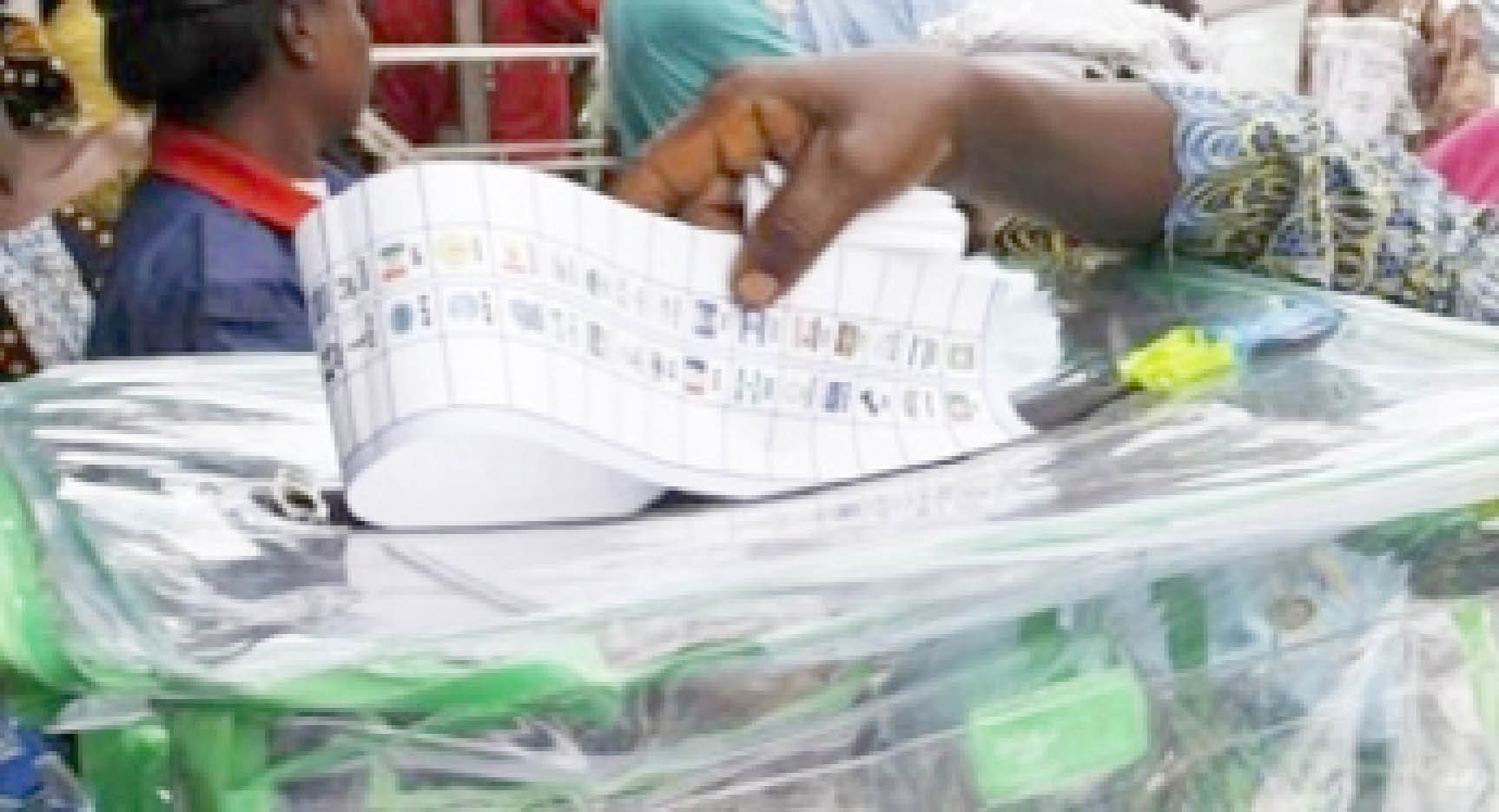How to have a fair credible election
Elections in Nigeria have always been an expensive and perilous adventure, and often lead to violence, unending litigations among others. Since Nigeria’s return to democracy in 1999, stories of malpractice, vote-buying, violence and litany of court cases and media outcries have trailed every election. The enactment of the Electoral Act, 2022 is a holistic reform […]

Election
Elections in Nigeria have always been an expensive and perilous adventure, and often lead to violence, unending litigations among others. Since Nigeria’s return to democracy in 1999, stories of malpractice, vote-buying, violence and litany of court cases and media outcries have trailed every election.
The enactment of the Electoral Act, 2022 is a holistic reform of our electoral process and a path for free, fair and credible election if properly implemented especially, with respect to transparency in voting, collation and announcement of results. However, there are number of factors that may hinder the possibility of these which must be addressed. Some of these are logistical isues on the part of INEC to adapt to the changes brought about by the new law especially in terms of staff, internet access, electricity and good roads for the transportation of elections materials. These obstacles shall be addressed through budgetary means and others for the election to meet the requirements of the law.
The second most important factor that can affect the smooth conduct of the 2023 elections and which must be addressed is the issue of vote-buying and bribery. As always, politicians will go to whatever extent to win elections even it means buying votes and bribing law enforcement agents at the polls. It behoves the EFCC, the ICPC and other anti-corruption and anti-money laundering agencies to put in place mechanisms that checkmate cash circulations, monitor accounts of politicians and post officers on field during the elections to forestall incidents of vote-buying and bribery that will compromise the overall outcome of the election.
Unlike previous elections where the number of presidential candidates used to be like job-screening spree, the 2023 elections features only 18 presidential candidates among whom are four major contenders. All these candidates are subtly either professing religion or regional causes to win the election as against previous elections where security, economy and anti-corruption take the centre stage. To avert electoral violence and unrest as an aftermath of the 2023 election, politicians and their followers should jettison divisive campaign strategies and focus on unification.
Nothing will stop 2023 elections – NSA
Kano conference: Clerics decry using religion for campaigns
Finally and most importantly, is the issue of insecurity that cuts across virtually all parts of Nigeria. The bandits in the North West, the ISWAP and Boko Haram in the North East, the conflict of grazing and sporadic cases of terrorism in the North Central and the separatists activities in the South East are all issues that may likely hinder the success of the election especially if politicians use them to stoke tensions and create division among people with a view to amassing votes. It is important that elections are conducted in safe places and a safeguard against violence is put in place.
Maryam Adamu Tafida, Department of Mass Communication, University of Maiduguri
